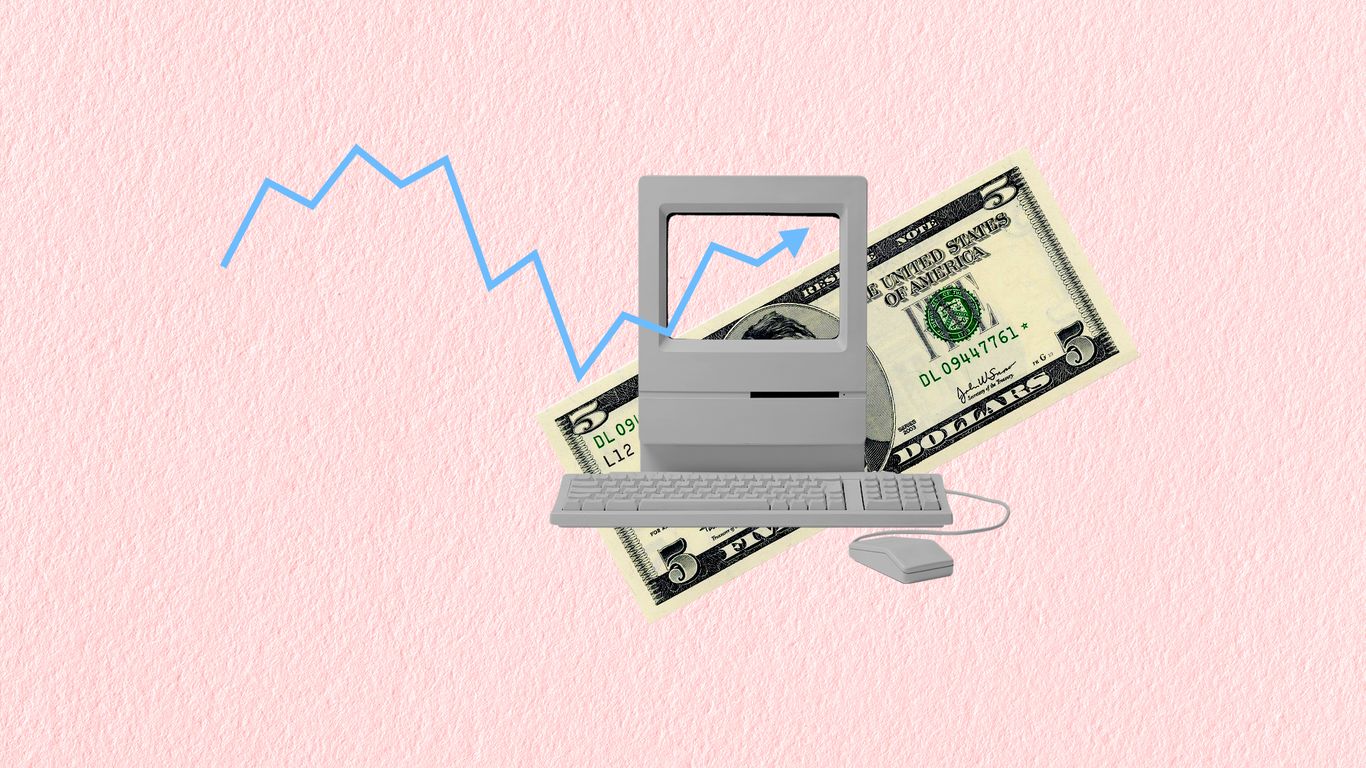
"The disinflation of the 1990s came about in part due to the information technology revolution, but was helped along by globalization and demography - both forces that are in retreat today. If you take the predictions of leading executives seriously, AI advances stand to eliminate many current types of jobs more rapidly than entirely new jobs are created. Flashback: The late 1990s are a particularly glorious time for believers in technology-driven expansion."
"This gave Federal Reserve chair Alan Greenspan comfort that inflation wouldn't take off despite a booming economy - a judgment that led the Fed to resist interest rate increases. Trump administration officials have lately been emphasizing this historical experience as a parallel for today. White House economic adviser Kevin Hassett did so quite explicitly in a conversation with Axios on Wednesday. Yes, but: There were other things going on in the late 1990s that contributed to those happy results."
"The extra-large baby boom generation was entering its peak working years, and the share of American women who work was still rising. This all contributed to a higher labor supply. Globalization was occurring at full tilt, which amounted to a disinflationary force - dragging down the price of imported consumer goods. Reality check: Now, the baby boomers are retiring, the share of women in the workforce has leveled off,"
Disinflation in the late 1990s combined information-technology-driven productivity gains with rising labor supply and rapid globalization, producing downward pressure on prices. Federal Reserve chair Alan Greenspan judged that productivity gains would prevent inflation despite a booming economy and the Fed resisted raising interest rates. Demographic factors included the large baby-boom cohort entering peak working ages and rising female labor-force participation. Today demographic trends have reversed: baby boomers are retiring, female participation has plateaued, immigration restrictions are reducing labor supply, and tariffs are increasing import prices. Rapid AI advances now threaten to eliminate many jobs faster than new jobs emerge.
Read at Axios
Unable to calculate read time
Collection
[
|
...
]